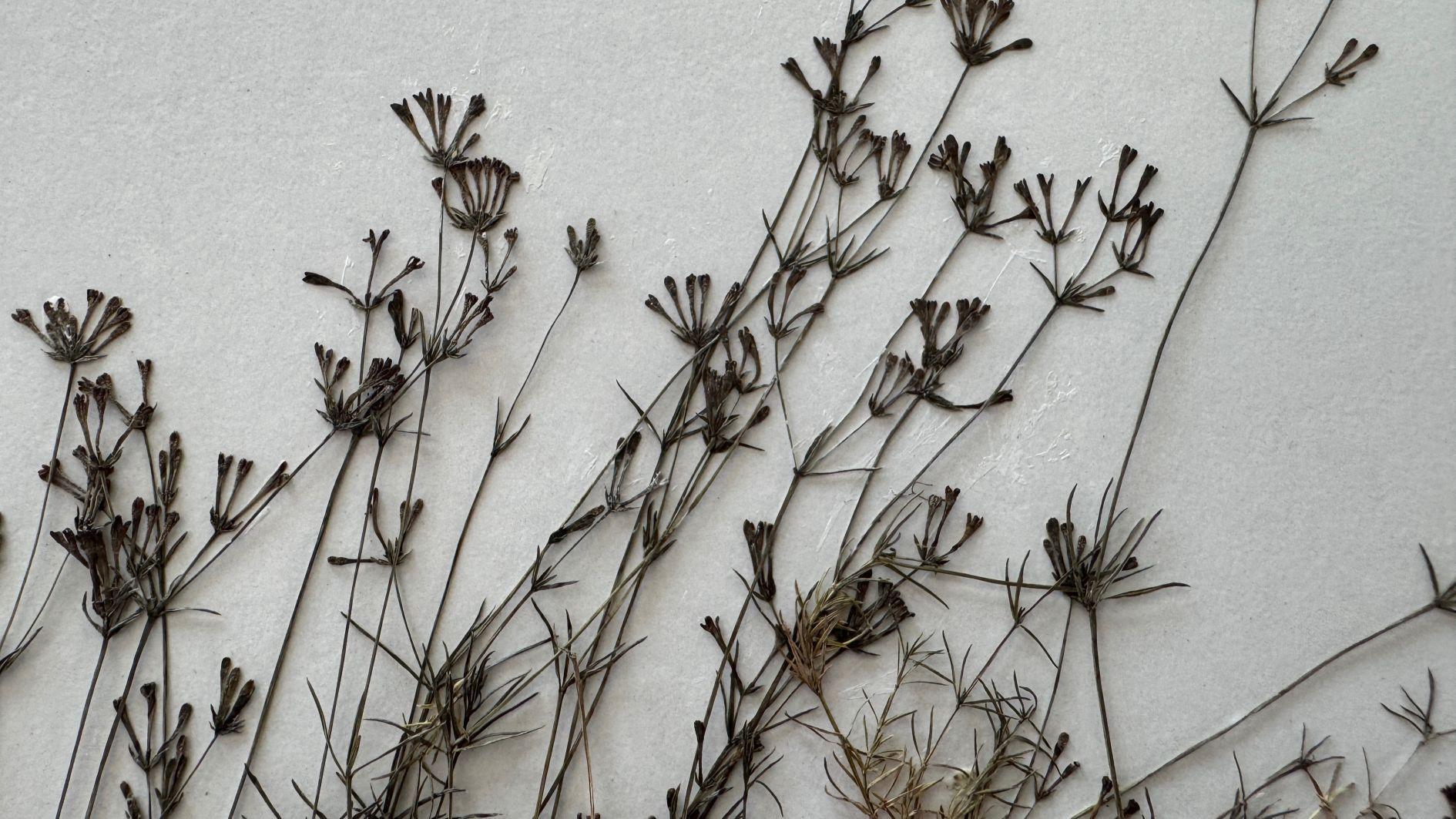
A team led by Associate Professor Bilge Tunçkol from Bartın University has discovered a new endemic plant species named “Paflagonya Belumotu” (Cynanchica paphlagonica) in Küre Mountains National Park.
The plant, belonging to the Rubiaceae (madder) family, was identified during floristic field studies in 2020 and officially introduced to the scientific literature after five years of research.
The species was found in the Horma Canyon area of the national park, known for its rich biodiversity and designated by the World Wide Fund for Nature (WWF) as a global priority ecological zone within the endangered “Black Sea Moist Karstic Forest” ecosystem.
Herbarium and literature studies confirmed that this plant grows only in the Küre Mountains. The discovery, supported by Bartın University’s Scientific Research Projects Unit, was published in the international botanical journal Phytotaxa.
The known population consists of approximately 80 individual roots spread over just two hectares. Due to its limited range and vulnerability to ecotourism and forestry activities, the species has been classified as “Endangered” (EN) according to IUCN criteria.
Tunçkol explained the significance of the find, saying, “This species features delicate, bright yellow flowers and woody roots. We named it after the ancient name of the region, Paflagonya. The karstic geological structure of the area supports only a small population of about 80 roots, making its protection critical.”
The plant also shows potential for use in rock gardens or as a ground cover ornamental species. Plans are underway to initiate a species action plan in cooperation with the General Directorate of Nature Conservation and National Parks.
Tunçkol said that after the initial discovery during the “Flora of Küre Mountains National Park [Kastamonu Section]” project, collaborative scientific work with Turkish and Greek botanists confirmed its status as a new species.
“The discovery not only adds to global botanical knowledge but also reinforces the ecological value of Küre Mountains National Park. We aim to continue molecular studies to explore potential applications in medicine, pharmacy, cosmetics and landscaping,” she added.